
These are women in business and leadership who share the very personal journeys they’ve been on and the turning points they’ve experienced.
By Jacqui Ooi
These are women in business, in leadership, in the not-for-profit sector and in creative industries, who share the very personal journey they’ve been on and the turning points that sparked a new chapter. For some, these moments inspired a career change; for others, it’s been the catalyst to start their own business or passion project or movement for change.
The one thing you will notice is that all of these women are doing something purposeful and impactful – which probably stems from my own interest in social issues and working in the not-for-profit sector for many years.
So, if you are looking for inspiration to have a positive impact yourself, you will definitely find it among these stories. Here are some of the takeaways from Season Three of the show.
You’ll never feel ready, so just start
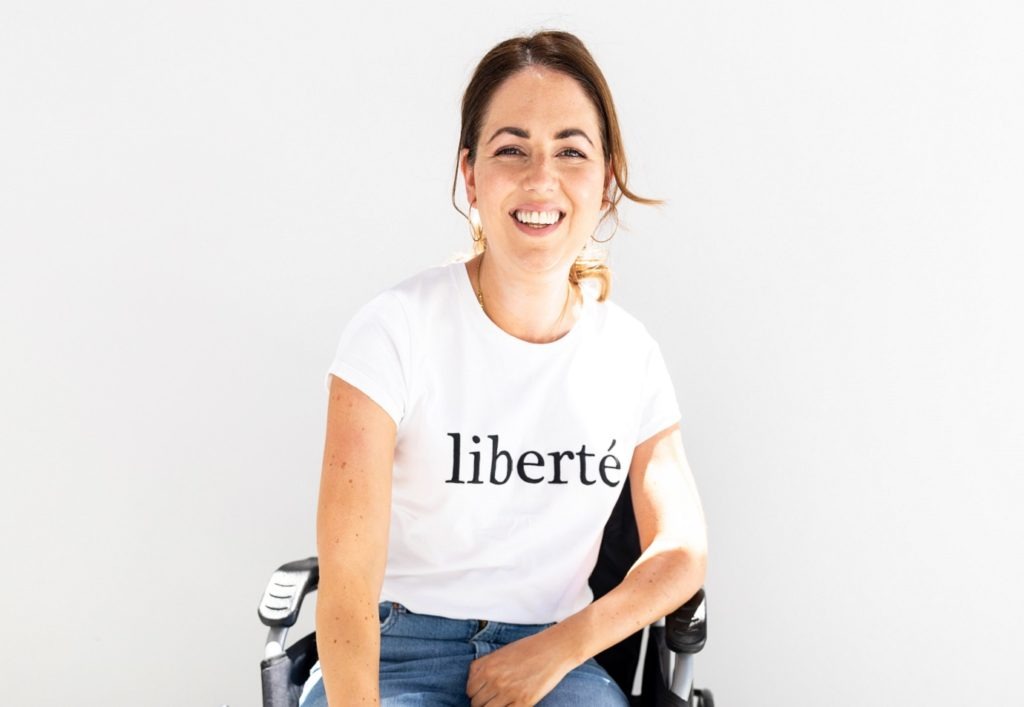
“Just start. That’s probably something I put off for a long time, feeling that I was never going to be ready and worried about how it would be perceived and worried if I could even do it and worried about other people’s opinions – and I kept waiting to feel that I was ready. And I think the biggest thing is you’re never going to be ready, but it’s about just starting and once you start, you are constantly learning. From people every day I learn something new. So it’s just having the confidence, I suppose, to back yourself and to believe in what you’re doing.”
As a young stroke survivor and the founder of StyleAbility, Jenny McAllister ison a mission to transform the fashion industry, to make it more inclusive and accessible for the one in five Australians living with a disability.
Bring your lived experience to the table
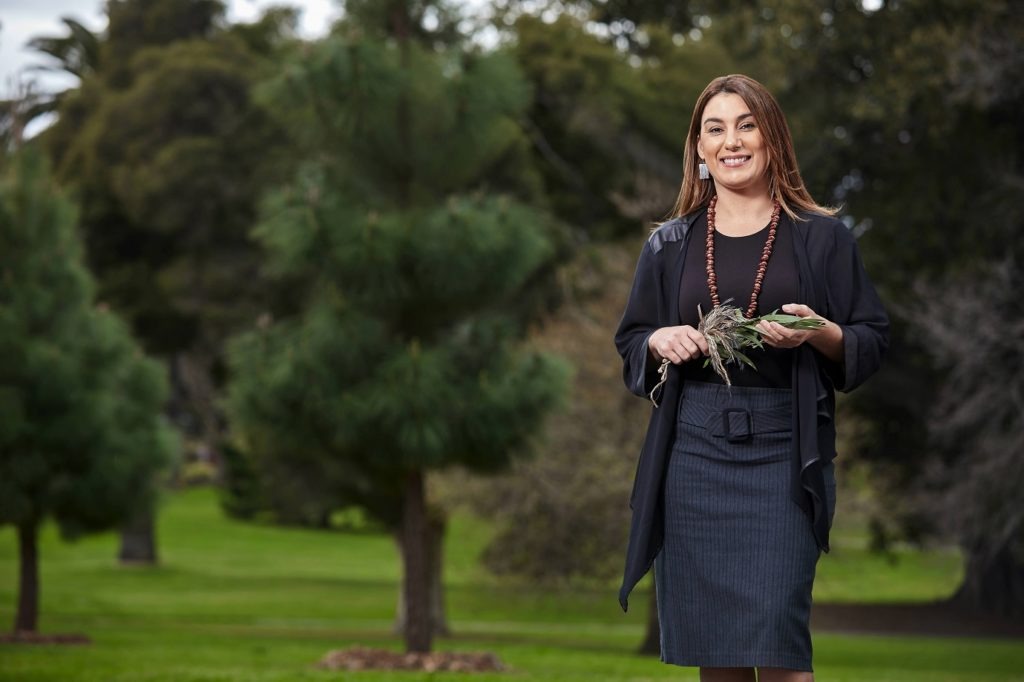
“When they talk about family violence in that chamber, I know what it’s like. When they talk about poverty in that chamber, I know what that’s like. Racism, being a woman, being a mum, being a grandmother, it’s all lived experience… housing, public housing. You know, these people read a brief about it. These people go to uni and learn of ways to speak about it. But unless you’ve lived it, you don’t know. And you certainly can’t come up with the solutions if you haven’t lived it. So I think yes, the degree helped me in terms of the whitefellas’ way of doing things. But my lived experience is what I bring to that place.”
As an activist, Greens Senator Lidia Thorpe spent years fighting the system from the outside. Now she’s in the halls of power, becoming the first Aboriginal woman to be elected to the Victorian Parliament in 2017 and making the leap to Federal Parliament in 2020.
Put the right thing before the easy thing

“There’s all of these incredible women who are able to identify what is good and what is right, and who will fight for it. And not necessarily in big Greta Thunberg style ways. They’re not out there. Their names are not household names. They are just chipping away in their corner of the world and making the right thing happen. And I think that’s who I take inspiration from. I don’t need to be a Greta Thunberg. I need to be a Jess Moore. You know, I need to make change right here where I am and always put the right thing before the easy thing.”
Kylie Flament is the General Manager of award-winning social enterprise Green Connect and a passionate advocate for people and the planet, taking inspiration from other female leaders in her local community, including environmentalists Jess Moore and Susie Crick.
Surround yourself with the right people
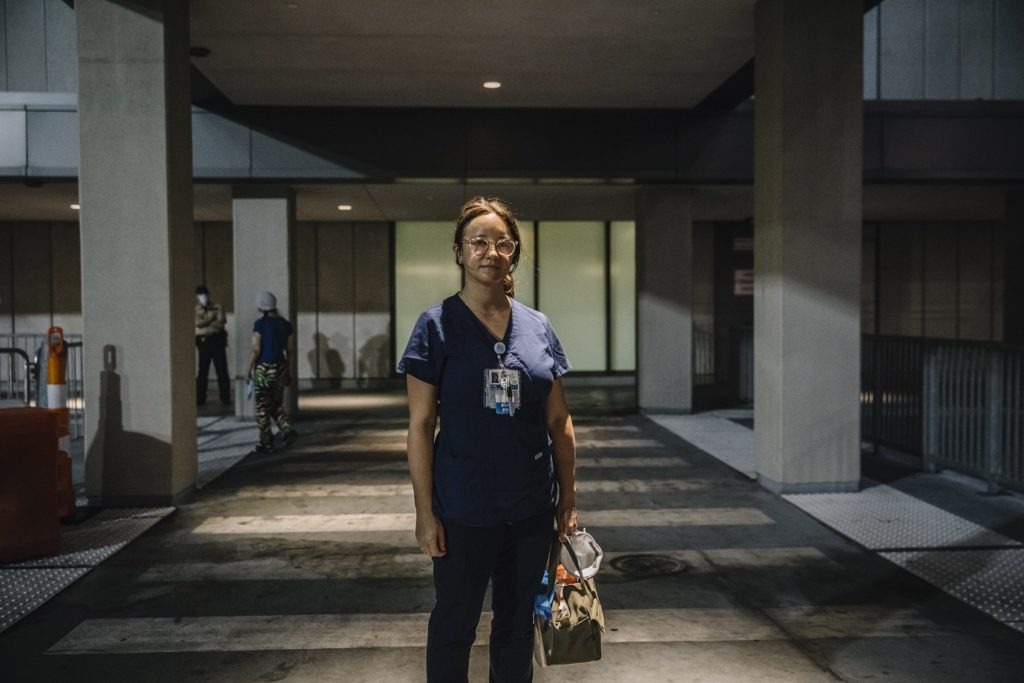
“I honestly had no idea what I was doing, didn’t go to school for non-profit management, actually didn’t really know anything about it. But what I did do and what I think I recognised early on was that you need to surround yourself with people that do know. And in my leadership, that has continued. If you’re going to work with me or I want you to work together, you have a skill that I don’t have and so I need you to tell me… and that’s a very humbling process, because I think that people think that leaders are the ones that need to have all the ideas. And I really don’t believe that. I think they just need to be really good at organising people – and the right people – and then giving those people a platform to be who they can be.”
Yanti Turang is a registered nurse from Australia who lives in the US and has spent the past year working on the frontlines of the COVID-19 pandemic. She’s also the founder and executive director of LearnToLive, a global health not-for-profit she started in response to seeing her own family members in Indonesia suffering from preventable illnesses.
If you can’t see it, be it
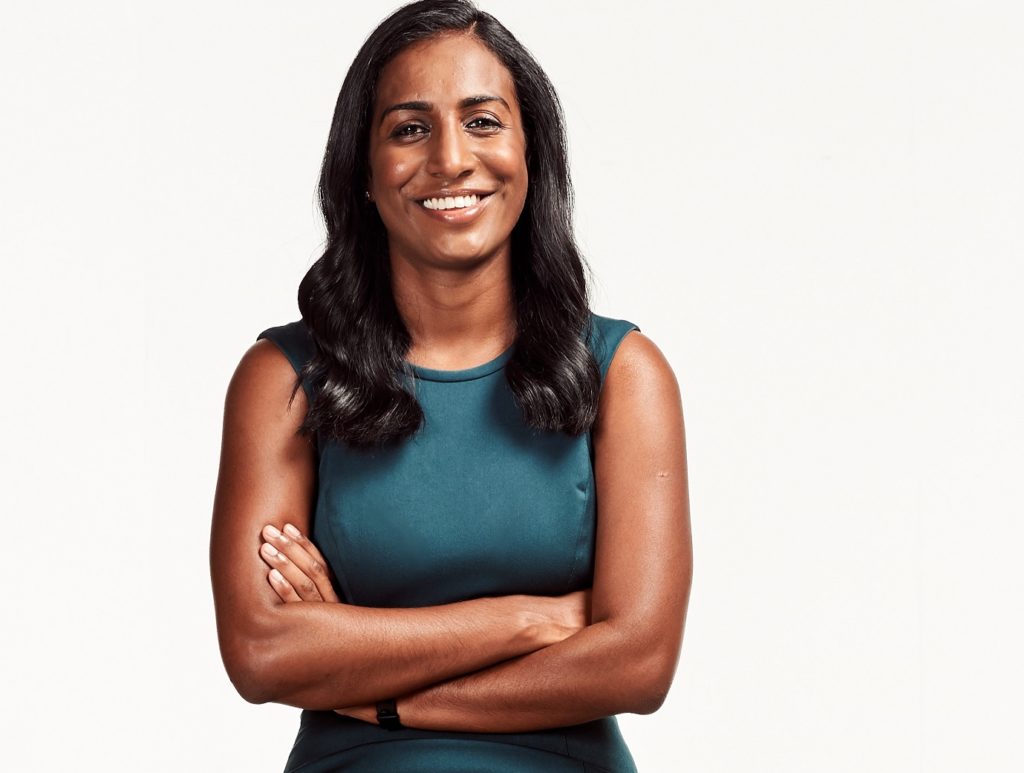
“When I would go to these angel syndicate meetings, I would often be the only woman, I would often be one of the youngest people, and I would very often be the only person of colour and especially woman of colour… Sometimes I would go to these events where I would have older men come up to me and ask me if I was a founder or and how much money I needed. And at first, I thought, that’s a bit funny, but it happened more than once. And so then that penny dropped of, oh, I think, I think this is a problem. This is a problem. And if I were a founder and wanted to go for funding, is there anyone who looks like me on the other side? And you can’t really, I think you have to look at it from both sides. You can’t just say, oh, there aren’t enough female founders and we need to grow the pipeline. There also needs to be female investors on the other side.”
Having started her career as an actuary in the insurance industry, Solai Valliappan made the leap to become a tech investor, after seeing a need for greater diversity in the start-up space.
Don’t be afraid to fail

“It actually became harder not to do it than to actually do it. You know, when you feel a real calling to do something – it was almost like all of my professional background and my personal experience, it just merged. One of my friends calls it ‘having soul in the game’ and I think that’s so right because suddenly it was like, I couldn’t not do it. You know, I was sitting on the idea for quite a while because I spoke with a lot of charities and not-for-profits and they all kind of said, ‘You’re crazy, you will never get into the hospitals’… and I just thought, you know what? I think I can do it. So I’m just not going to listen to people who say that I can’t. And I thought, even if I fail, I have to try because it just became harder not to actually put it out there.”
Ingerlise Svaleng is the founder of 21 Gifts, an initiative inspired by her daughter Maia who was born with Down syndrome. Floored by the negative reactions of the medical staff who delivered the diagnosis, Ingerlise is now partnering with more than 120 hospitals across Australia and New Zealand to change the narrative and better support families facing a similar child diagnosis.
Thrive and survive

“I think the biggest thing I’ve really learned is trying to just keep everything small and within my means. And I think there’s quite a movement at the moment where it used to be, like, endless growth! And I think my first business, it was all about endless growth, endless growth! And it was too much and it didn’t work out. And now I’m just constantly like, but I only need… you know, there’s sort of a ‘thrive’ and ‘survive’ figure, and I’m like, that’s all I actually need. So why kill myself to try and get to this point that I don’t need to be at? You know, part of this whole journey is about simplifying my life and minimising things. I literally have no room for more possessions.”
Victoria McGrane is the artist and textile designer behind The Scenic Routewhose growing concern for the environment led her to downsize her life and change her career path. She now runs her creative business remotely, as she and her partner – and their dog Gypsy – travel Australia in their solar-powered motorhome.
Focus on the journey and your ‘why’
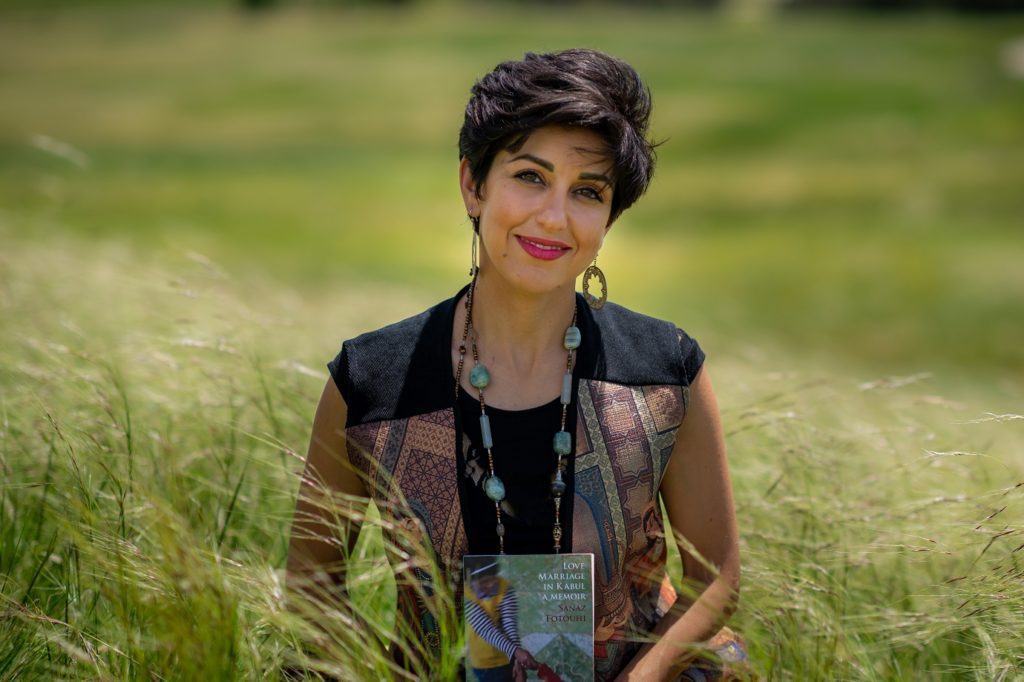
“It is a journey… and it’s a long journey. But the journey of writing is actually not a journey about the outcome. I’ve found that the journey is about the journey because who you get to be in the process of writing, I think people forget. We’re so focused on the end result, but it takes something and then in the process you grow. And I think finding your ‘why’ of writing is also extremely important because if you don’t have a bigger picture ‘why’, chances are you’ll stop. Because I’ve done that many times. You know, I’ve got projects where I was like, this is interesting. And then I write it, I start it, and then I lose traction because I don’t have the bigger why. So having that, finding that bigger why, I find is extremely important.”





